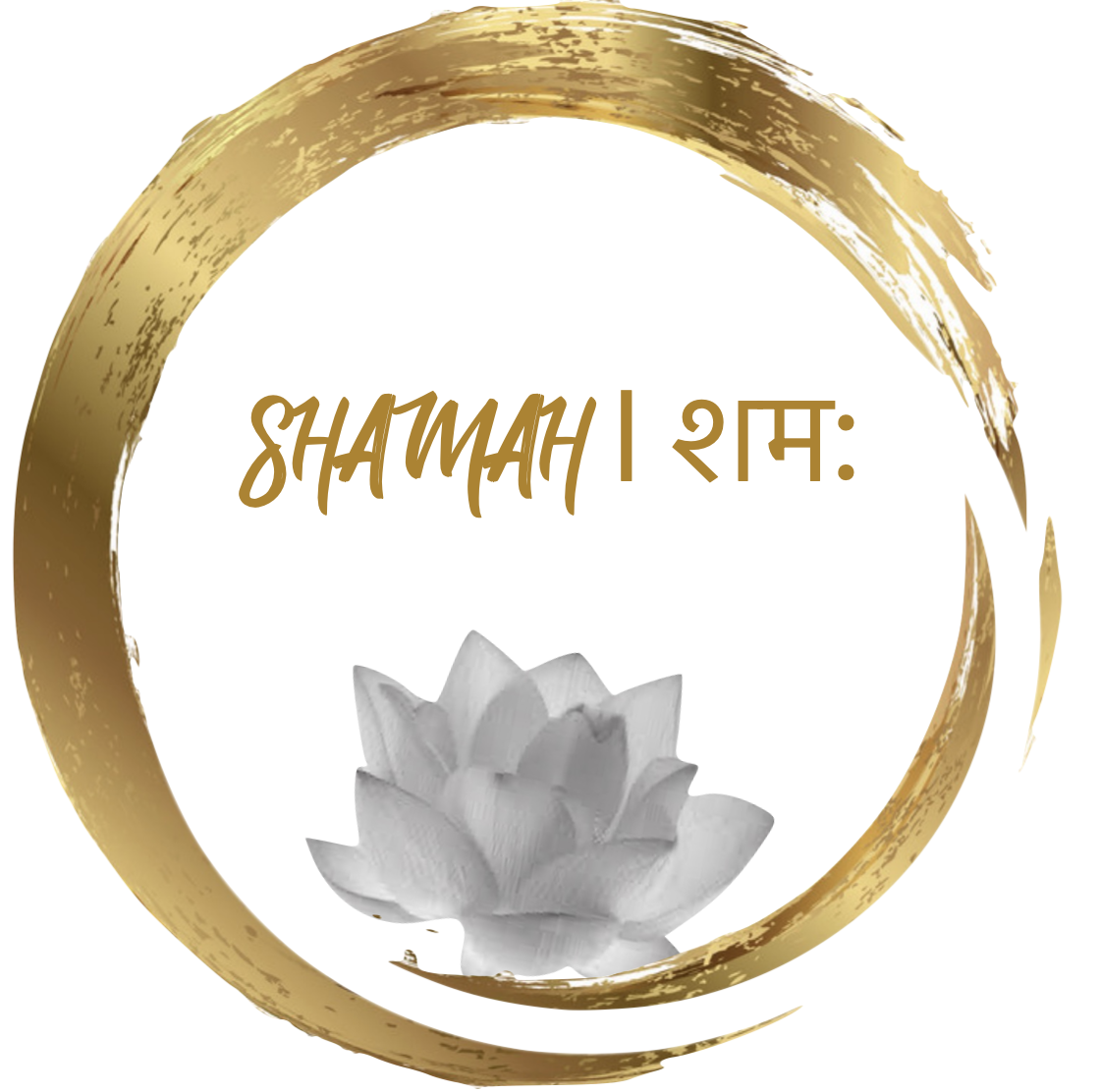
Awards, prizes, shortlists, hon. mentions…
-
-
-
There will come soft rains, long listed
-
Women Without Wombs, creative non fiction
Short Story
“‘Hey, you, tree number 2223!’ he imagined himself saying to the tamarind in his father’s backyard. He had been in equal parts horrified and filled with mirth and laughed uproariously to himself as he walked home in the incessant downpour. It was then that he vowed to bring it all, fruit, seed, berry, sap, leaf, fragrance, shade, and wood, to imbed across the city, interlopers to the registry of trees.”
Venkat nudged his granddaughter in her sleep with his small wicker basket. Though dawn had not yet broken, even through her somnolence, Ritu surmised that it was important to him that she wake up.
He shuffled slowly, leaning on a walking stick. His left leg was elephantised, the legacy of an era where hardiness and your mother’s prayers decided what you survived since no one had access to medicines anyway. In the mornings, it still ached, and he had taken to rambling through the house for relief. In the time she took to rub her eyes and join him, he was on the porch. He stood there for a moment, staring into the dark. She wondered if he was confused and was about to put her hand on his elbow to lead him gently back inside with the condescension that only grandchildren can righteously offer, when he gesticulated with his walking stick towards a gnarled tree in the middle of the garden.
Ritu peered through the veil of sleep in her eyes and gasped. Illuminated by the arc of the streetlight, the parijat’s bonsai-like canopy was glistening with dew-laden orange stemmed white flowers, many of them spilling over to form a feathery carpet on the ground. Just behind it was a precipitation of deep red from the hibiscus. Frangipani blanketed the earth near the front gate and dainty moringa blossoms dotted the far corner like a powdery summer snowfall.

Short Story
“This is what love is, he thought, as his long-gone wife’s face fleetingly came back to him. Dust though we may be, in the correct light we are allowed, however briefly, to expend an illumination. An illumination that however short lived makes us worthwhile.
She had once asked him why he had never painted her.
Not even once. Not even in the rough. Not even a pencil sketch.
She had seemed wounded.”
The artist woke up in the stil de grain of the morning and lay there looking out of the window till the light had stained the day a monk’s gamboge.
He lay perfectly still, considering the fact that this birthday might be his last one. The sky was cornsilk by the time the attendant came by to sit him up. He asked to visit the chapel. This would mean he would forego his habitual sitting. Many of the arrangements the attendant had spent the morning making, like arranging his paints and implements to his peculiar specifications, had now been rendered unnecessary. She conveyed this with a cursory pause in her by-now ritualised indifference. She pursed her lips and continued as before. He was momentarily embarrassed.
He was so old by now the atrophying fingers of his left hand could only retrace the swirls of his mind and failing eyesight on the canvas. Other forms and figures had dropped out of his cognitive framework. He saw them, but as irrelevant as a grill on a window that ceases to impose upon the everyday landscape just beyond. What the rest of his body felt, knew, drew upon, exuded, was extraneous to his fingers, which had retracted into a reclusive ecosystem of their own. He found himself locked on the outside of its orbit and was caught in the paradox of having to trust them with his art even as they failed his body repeatedly. He now needed another, an assistant, a well-wisher, a sponsor, a patron, a visiting fan, to wipe the drool that seeped out of the side of his mouth with a handkerchief, to lift him from and into his chair, or to guide him to the toilet. He had now become the shadow to the light in his paintings, a foil to whom he once was. He himself a play of impulse and indifference. He had forgotten if he was a Muslim, a Hindu, a Christian, and which denomination if at all he was (of) any of these. He was not an atheist, of this he was sure for he retained some memory of a well-lived life and, in these times, even he knew, it was surely evidence of a benevolent god.
Femina, November 2021

Poetry
Journals, reviews, anthologies
-
‘Sabbe sankhara dukkha, Sabbe sankhara aniccya, Sabbe sankhara annata’ – the Buddha said. These (in Pali) are the trilakshana, or three marks of existence, characteristics common to all arising phenomena, the sankharas. Dukkha, suffering, is the first. Aniccya, impermanence, is the second. Annata, the absence of inherent self or eternalism is the third. In brief, everything hurts but nothing lasts.
Read the poems here: On Eating, Issue 6, October 2022
-









